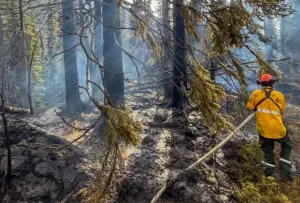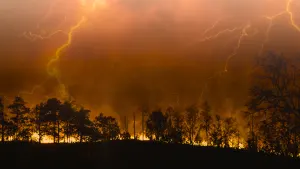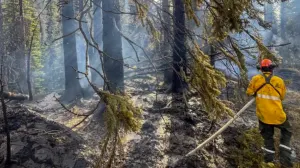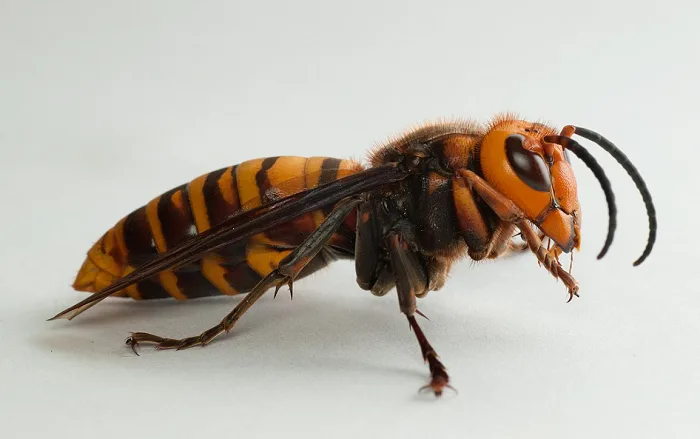
Experts warn of a murder hornet resurgence: Here's how Canada is preparing
Experts are hoping to stop the hornets before they can get a foothold in North America.
The first half of 2020 dealt us a lot of blows: devastating wildfires in Australia, COVID-19 shutdowns, and murder hornets.
The buzz surrounding the latter died down in winter but now that spring is here, scientists in Canada and the U.S. are bracing for a resurgence of the hornets, which begin nesting in spring.
Experts hope to prevent them from becoming established in North America by targeting Whatcom County in Washington and B.C.'s Fraser Valley.
THE DANGERS OF MURDER HORNETS
Asian giant hornets -- also referred to as 'murder hornets' -- have been spotted in B.C. in recent years.
While usually restricted to warmer areas, experts say they have the potential to migrate east.
They're among the largest hornets in the world, with female workers that can grow up to four centimetres in length.
In the late summer and fall, workers may come together to attack the nests of other insects, particularly honeybees. They are efficient killers, able to wipe out entire colonies within a few hours.
Once a colony has been wiped out, the murder hornets turn to the immature bees left behind in their wax cells, which are used to feed their larvae.
In its native Asia, honeybees have developed a defence, quickly surrounding a hornet and vibrate their muscles, using friction to generate enough heat to overwhelm it.
But North American bees are just beginning to develop ways to scare them off, prompting scientists to step in.
The hornets also pose a risk to humans, with stingers about 4.5 mm longer than that of a honeybee.
Murder hornet venom contains a neurotoxin called mandaratoxin. A single sting isn't normally lethal, but multiple stings can kill a human.
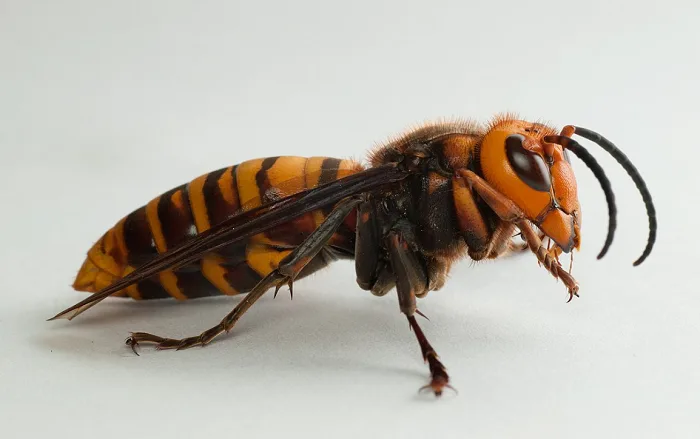
File photo of a murder hornet. Courtesy: Wikipedia.
EFFORTS UNDERWAY
Speaking with the Associated Press (AP) Sven-Erik Spichiger of the Washington state Department of Agriculture said crews will attempt to "get as many" hornets as they can through eradication efforts.
“It’s an absolutely serious danger to our health and well-being,” Paul van Westendorp of the British Columbia Ministry of Agriculture, Food and Fisheries told AP, adding the hornets pose a threat to the honeybees we rely on to pollinate Canada's food crops.
“These are intimidating insects.”
Teams will set out thousands of traps to capture murder hornet queens attempting to set up nests. Government officials and private citizens will help.







